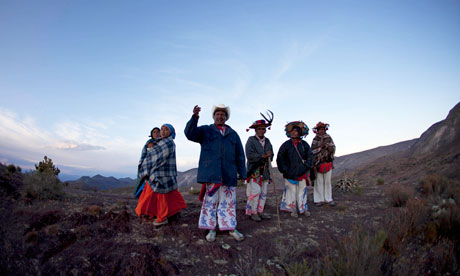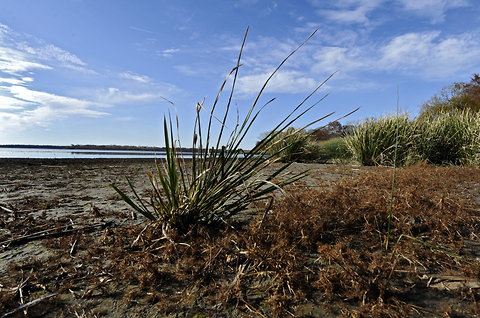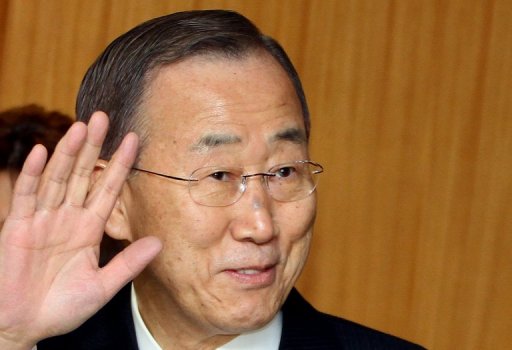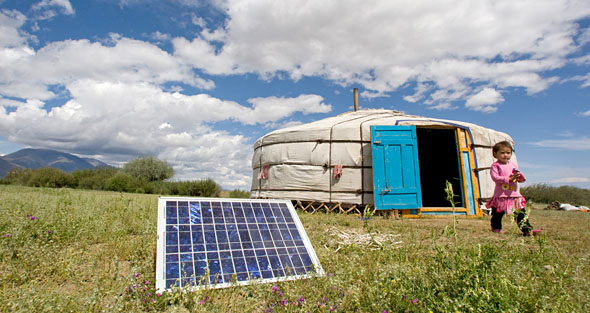Global
Submitted by ward on
Unicef says urban children in developing world need urgent attention
Submitted by ward on
Global mining boom is leading to landgrab, says report
Submitted by ward on
Tracking How the World Guzzles Water
Submitted by ward on
World Bank launches global coalition for marine protection
Submitted by ward on
UN chief launches sustainable energy initiative
Submitted by ward on
When cooking can be deadly
Submitted by ward on
What Companies Can Learn From Cities on Climate Change
Submitted by ward on
Powering Sustainable Energy for All
Submitted by ward on
Global Warming: 1880-2011
Submitted by glenshewchuck on










